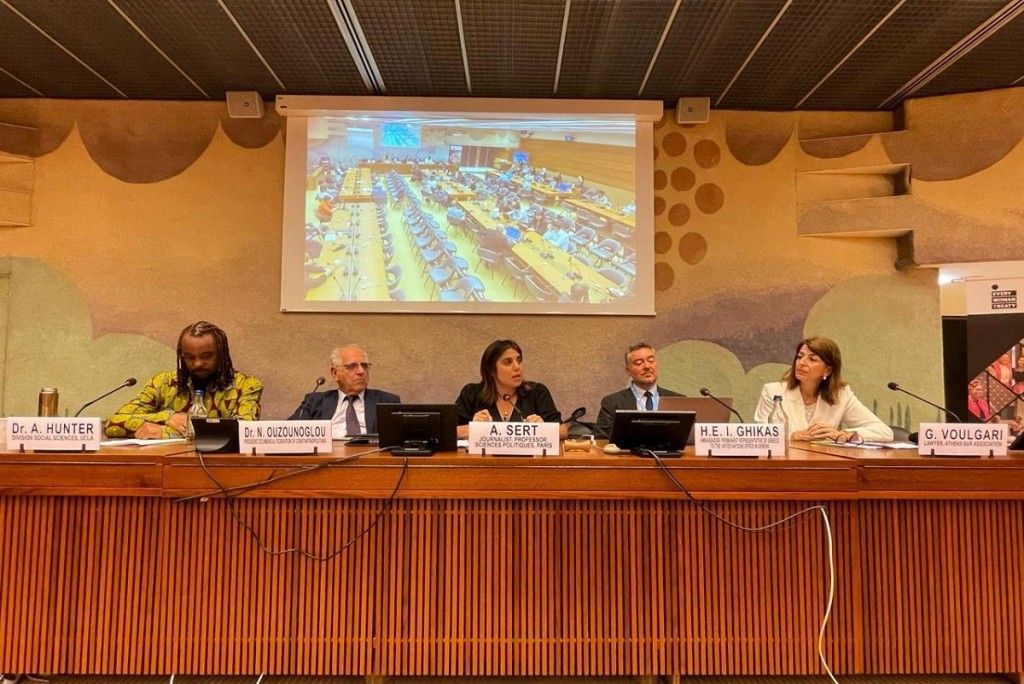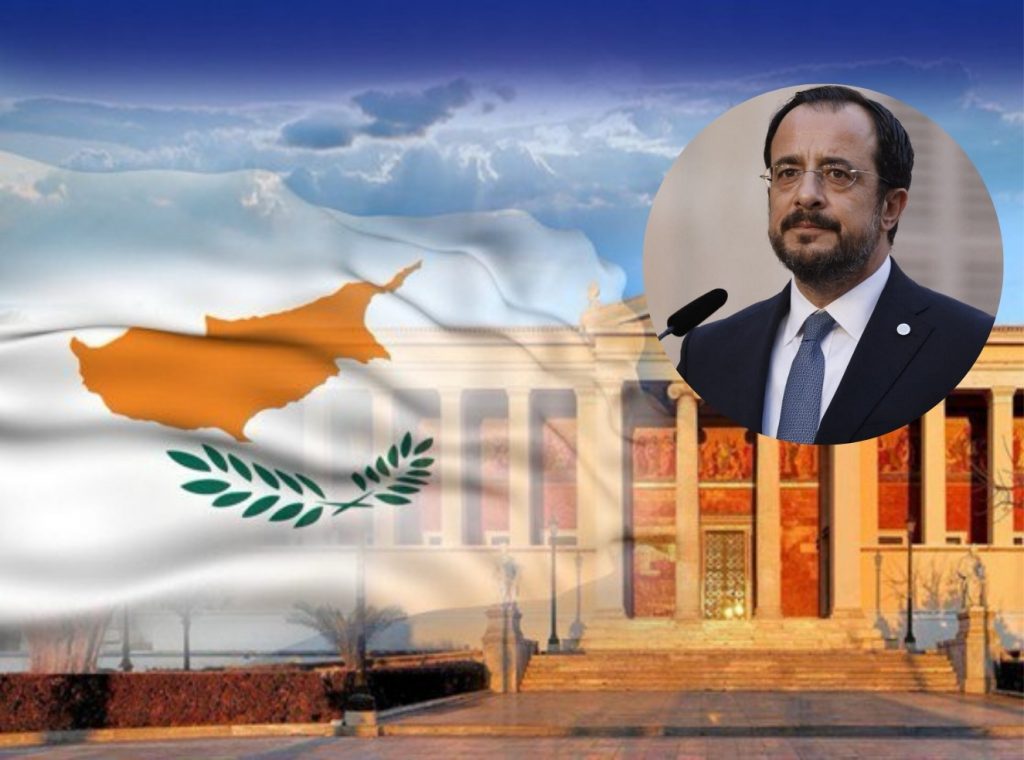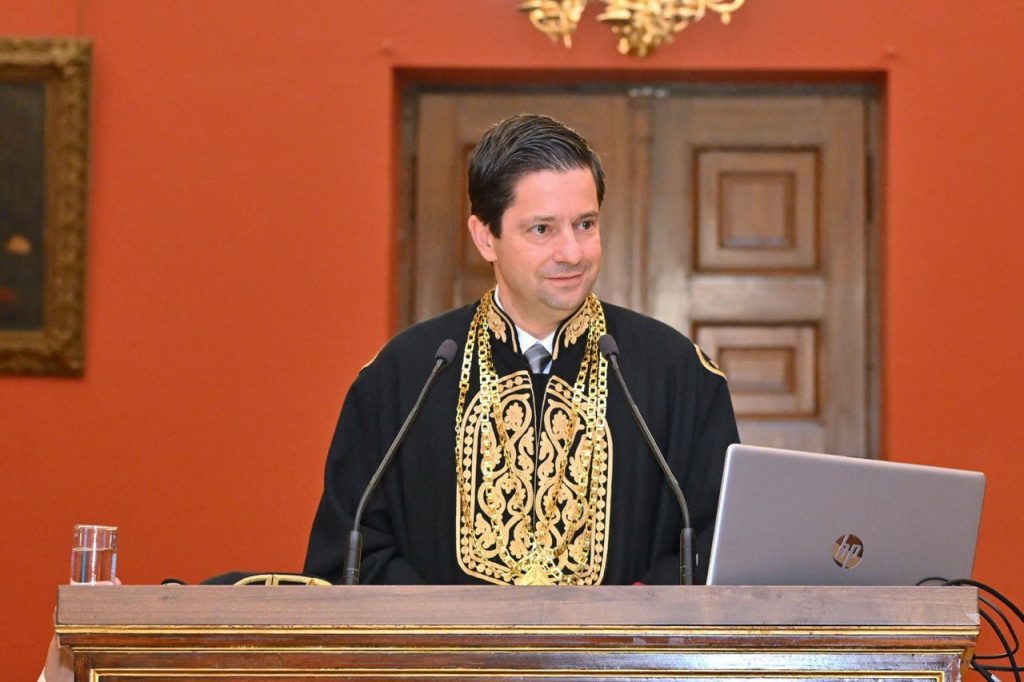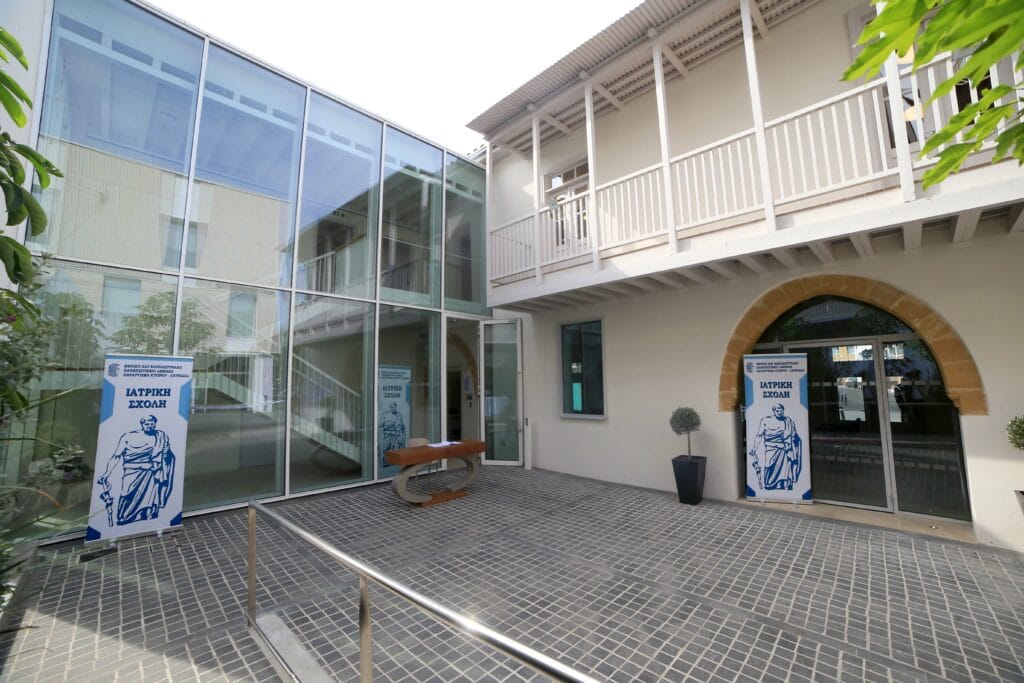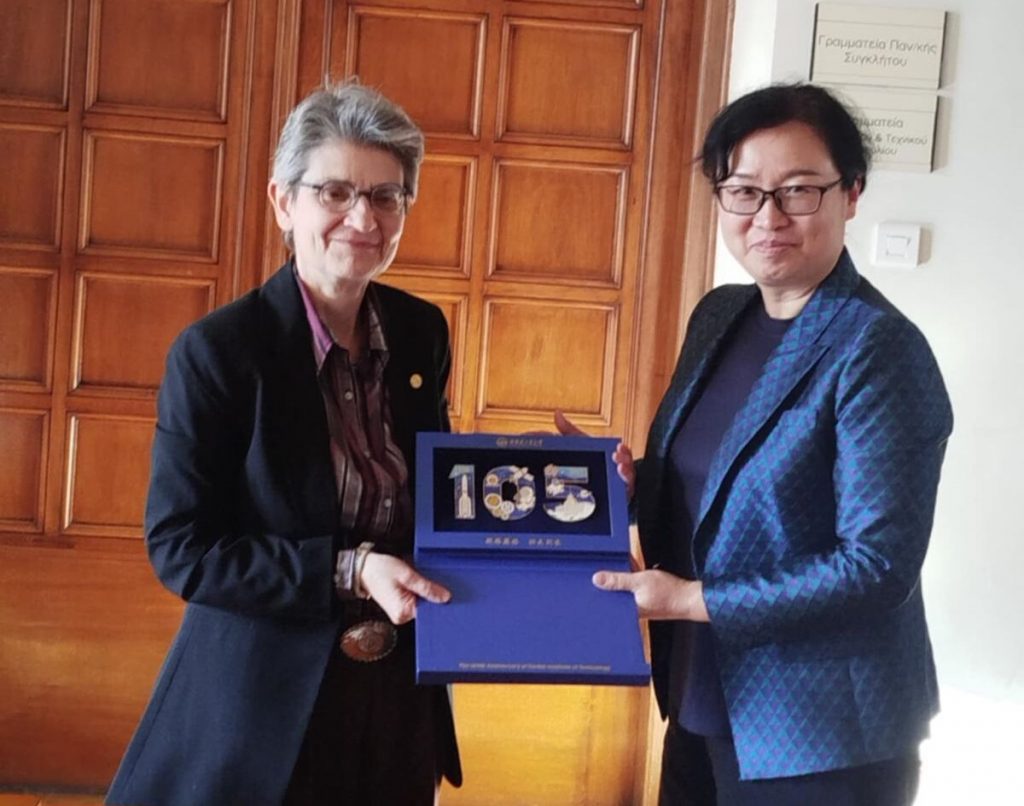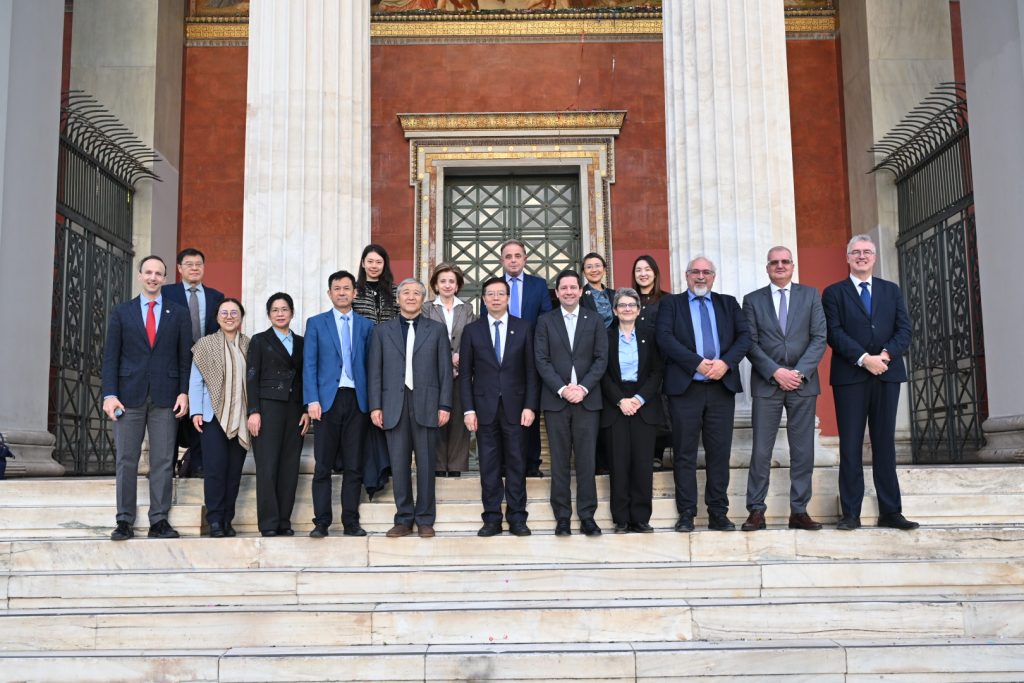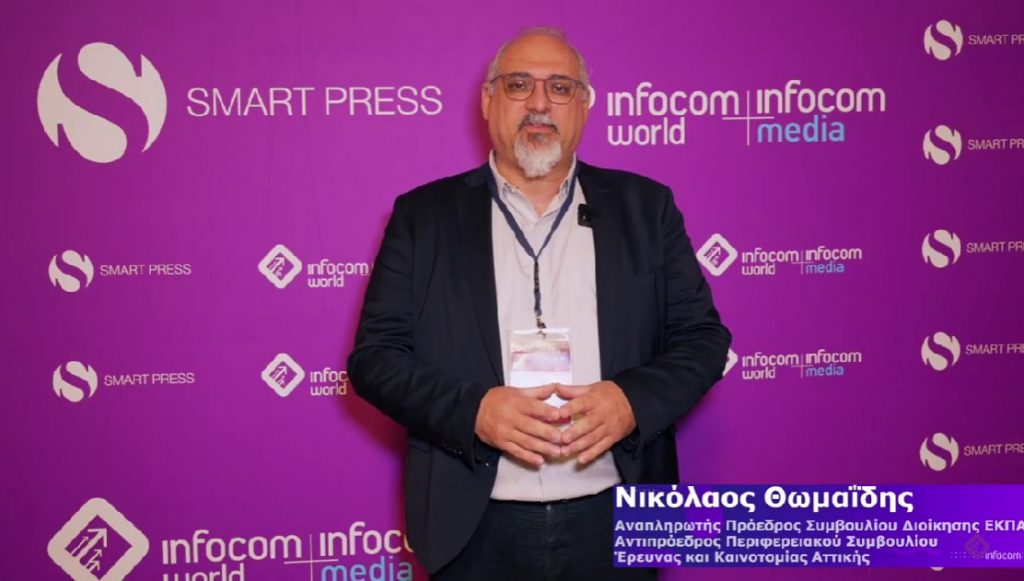The event was held on June 20, 2024 in Geneva at the headquarters of the United Nations Organization by the Ecumenical Federation of Constantinople in collaboration with the Permanent Mission of Greece. The purpose of the event was to highlight the importance of the reparative and rehabilitative measures that states are obliged to take towards minorities and their members for violations of their rights, an issue of major importance for the Greek Orthodox Minority of Istanbul.
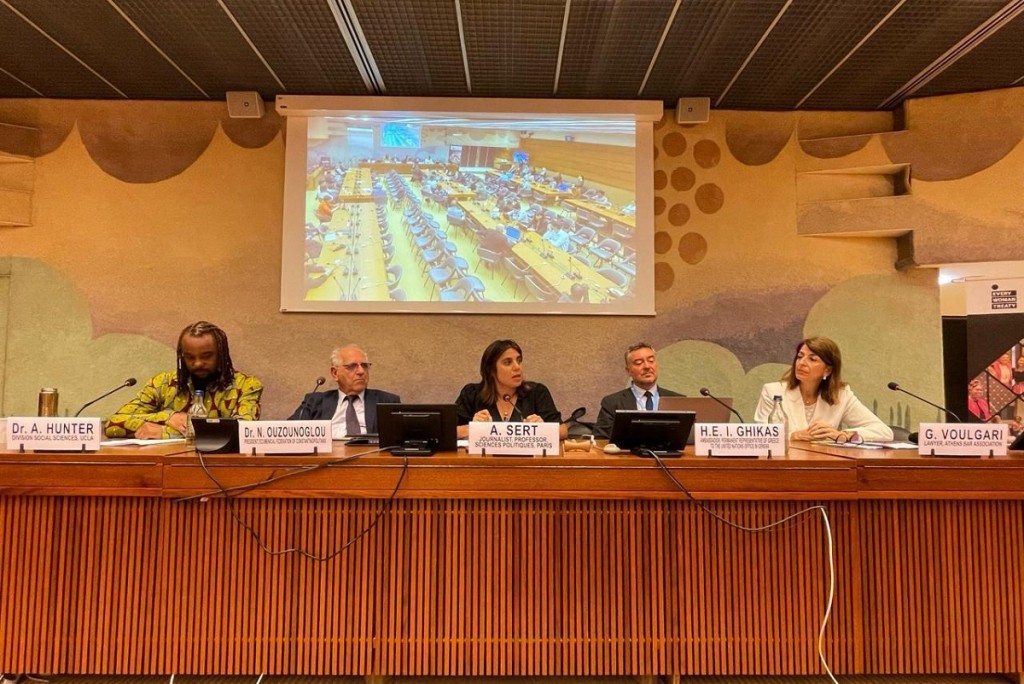
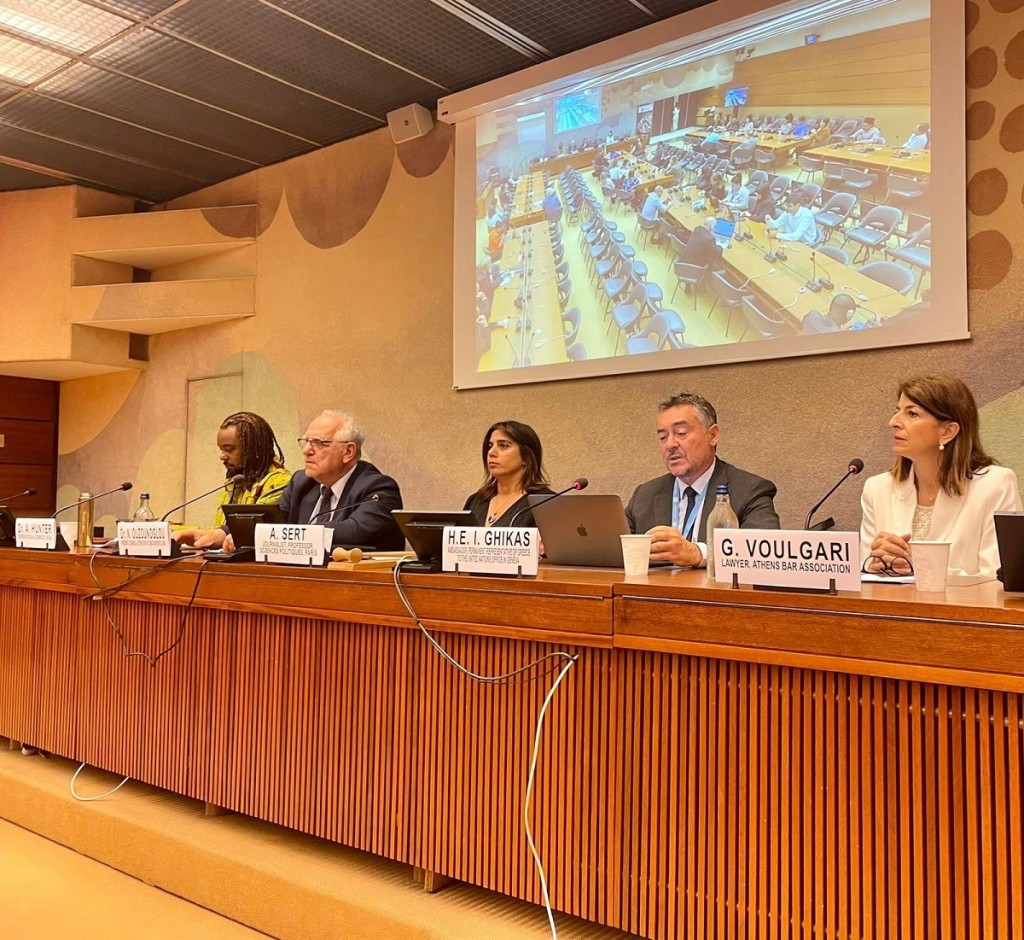
The event was attended by 40 representatives of the UN member states and 15 persons of the Greek Community of Switzerland.
In his introductory remarks, the head of the Permanent Representation of Greece, Ambassador Ioannis Gikas, referred to the vital issues the Greek Minority is facing and their causes. He particularly emphasized the importance of restoring her rights and the need to adopt measures to remedy past violations.
Prof. Nikolaos Ouzounoglou, President of EcFeCon, taking the floor, referred to the importance of establishing binding rules, within the framework of Human and Minority Rights law, that would ensure the adoption of rehabilitation measures, especially for Minorities that have suffered violations of their rights on a massive scale, to such an extent that their existence in their native land is threatened. Prof. Uzunoglu referred to the specific proposals submitted by EcFeCon to the Governments of Turkey in the last 10 years, noting that little progress has been made in their implementation and stressing that the most important thing is for Turkey, as a state, to support the repatriation of the new generation of Constantinopolitans, as the only measure that would effectively prevent the annihilation of the Greek Minority in Constantinople, in a few years.

Dr. Marcus Hunter, Professor of Sociology, University of UCLA (USA), in his speech stated that persecutions against minorities have consequences for the whole society and emphasized that in states where persecutions took place against minority citizens, remedial measures are especially important for all. Particularly important was the speaker’s observation about the similarities of the Pogrom of May 30-31, 1920, in Tulsa, Oklahoma against the African-American community with the Pogrom of September 6-7, 1955 in Istanbul against the Greek community. In conclusion the speaker emphasized: May the truth in its fullest measure serve as a new beacon to guide us in the deliberate and collective effort required to build the world, we know is possible. A world where we embrace and accept the hurts of the past, noticing it, not to blame or shame, but instead to build and create a new infrastructure of love and freedom that balances and replaces the old, existing systems of racism and of human hierarchy, with systemic equality and humanity. To work constantly to restore and reconcile the consequences of past sins, as countries and as people, to whom we owe it, even though they are no longer with us.
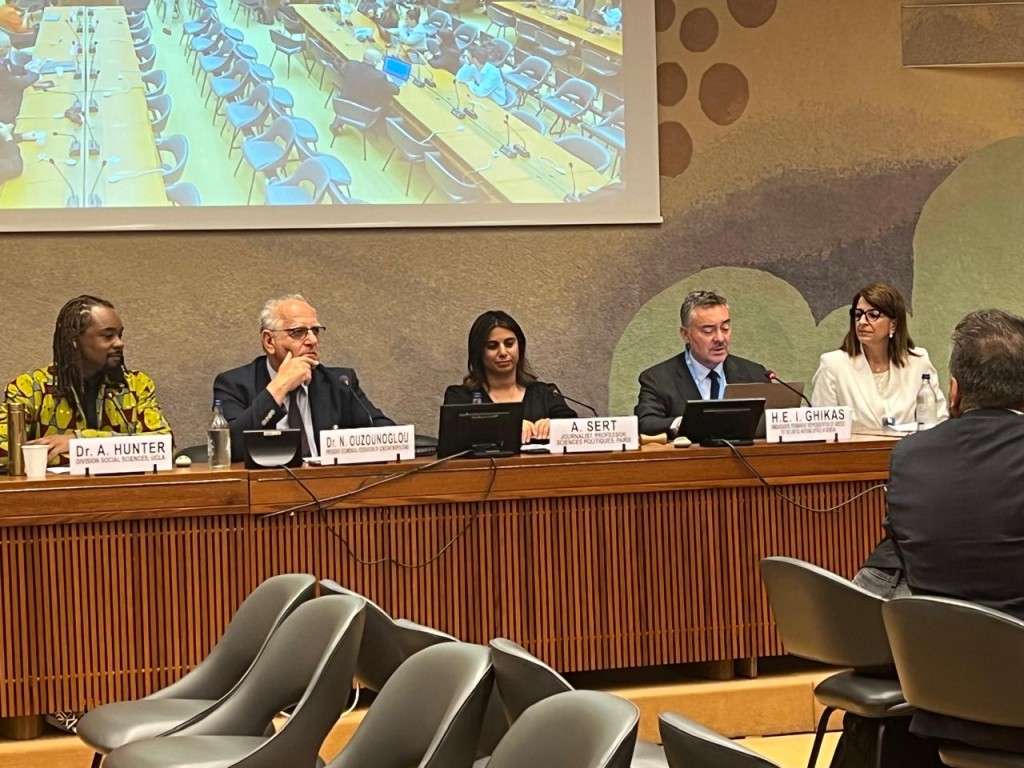
Journalist Ayşegül Sert, recalled her family’s own memories of the time they lived in Istanbul, which has a centuries-old multi-cultural tradition. She elaborated on her positions citing four examples of members of the Greek Community who suffered their unjust expatriation and presented the consequences that such human catastrophe had on the wider society of Constantinople. She concluded her presentation by emphasizing the importance of EcFeCon’s proposals to prevent the complete annihilation of the Greek minority in the Istanbul.
The event closed with the intervention of Mrs. Georgia Aimilia Voulgari, member of the Board of EcFeCon, Lawyer of the University of Athens, who emphasized the importance of taking positive measures to support the repatriation of the new generation of Constantinopolitans, to prevent the annihilation of the Greek Minority and highlighted the legal dimensions of the issue. Finally, she mentioned the significance of the recent decision of the Supreme Constitutional Court of Turkey on the non-holding of elections for three decades in the Minority Balikli Greek Foundation (Istanbul), ruling in favour of the petitioners. The Court reasoned on the right of citizens to participate in associations, which is of particular importance especially for minorities, imposing a series of positive obligations upon the state, and acknowledged the relation of such right to social cohesion in a healthy society.


